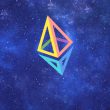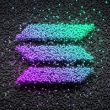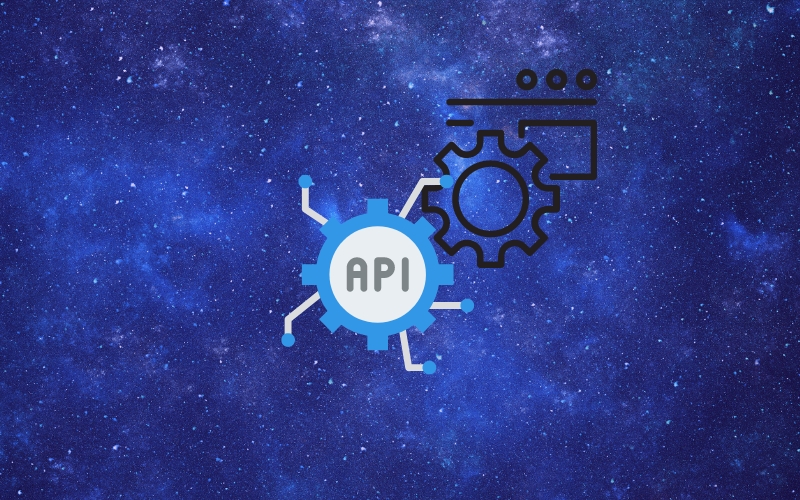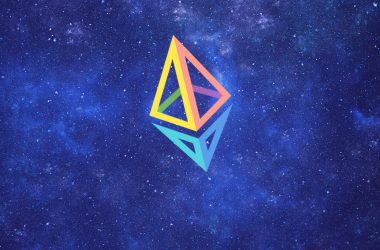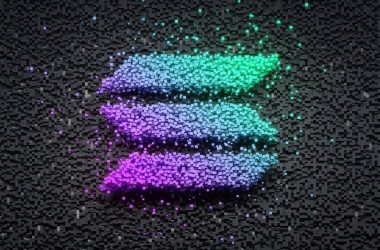- In 2023, connectivity between projects is growing, and more chains receive a varied toolset of SDK and API.
- Speed and low fees, as well as abstracted complexity, allow startups to build apps without extensive blockchain expertise.
- Top blockchains and tools offer a selection for the app’s precise business model.
The Web3 space is now dedicated to adding seamless technology, which will disguise speed and scalability problems inherent to earlier apps. For this goal, multiple application programming interface (API) are available to speed up connection to the Ethereum Virtual Machine or other tools for blockchain records.
Rarely do games interact directly with blockchains, which would require higher payments for each activity or transaction. Developers can also construct their app much faster and add flexible forms of ownership. Here are the best API available for scaling and connecting Web3 apps.
API providers often cover several blockchains and different types of API and Remote Procedure Calls (RPC) that target those blockchains. This allows apps to have modules for all the usual Web3 tasks, such as gathering NFT data, verification, payment processing, or running the blockchain in the background of an app.
Alchemy: Leading Ethereum API and SDK Provider
Alchemy is one of the most versatile providers, offering easy access and scalability. Alchemy offers Ethereum API and RPC, but keeps adding new networks, including Solana. In addition to established networks, Alchemy is adding tools for experimental new chains like Sepolia, one of the latest additions for developers.
Alchemy also constantly adds new resources through partnerships, for even faster dApp building.
Infura: Adding Web3 to Node Services
Infura is one of the well-used services, known for being among the few to support a full Ethereum node with the whole network history. This security and easy access has allowed more builders to abstract away the Ethereum layer and build more actively for the consumer-facing side.
Infura and ConsenSys are also working on the basic infrastructure and Web3 security, since their services are at the heart of a growing number of apps.
Infura has reached more than 400K developers, based on its own reports, and is offering support, hackathons and training for Web3 builders.
Moralis Multi-API Hub
Moralis is another trending multi-chain provider of API tools. The hub for game SDK and other features managed to onboard a reported 100K developers within a year, while adding more blockchains to its available services.
Moralis stems from an earlier era of crypto projects, tapping talent that noted the biggest problems of linking apps to the blockchain. The need to run nodes and make direct calls from each new project created the demand for a ready-made toolset.
One of the most recent additions for Moralis is on-chain feedback for Web3 events, such as NFT trends or token movements, which can be combined into the content of apps.
Glacier API for Avalanche
Avalanche is one of the growing networks for the addition of games and apps. In addition to Alchemy and other multi-chain nodes, Glacier specializes in providing connections between apps and the Avalanche blockchain as well as a preview of subnets.
Avalanche Glacier is a relatively new set of tools, launching its beta version in March.
Avalanche Glacier offers information usually found in block explorers, in a format suitable for real-time apps with token transfers.
Quicknode: Fast Node Services
Quicknode offers RPC points of entry for a total of 18 blockchains, ensuring the right speed that can meet the demands of Web2 apps adding a Web3 component.
Quicknode is also directly targeting developers for popular chains like Polygon and Solana, both through social media and physical events.
Quicknode also has the Foundry toolset for Ethereum, specifically created for the easy deployment of smart contracts. Qucknode has added tutorials to help even less experienced developers build and deploy a reliable smart contract with pre-set tools.
Ignitions: Toolset for All Web2 Games
Ignitions is a new curated toolset that is capable of onboarding all Web2 games and features into Web3. Ignitions offers the in-demand monetization package with token and NFT minting and the creation of a trading platform.
What makes Ignitions stand out is the presence of a dedicated team of experts, ready to advise projects on their exact needs for Web3 tools. Ignitions can also help integrate Web3 features into the game itself, such as uploading playable cards, or making records on the blockchain when the status of the NFT item changes. Some of the services of Ignitions are paid, but they are also tailored to the exact needs of games or projects.
Ignitions also has tiered access, where for the highest fees, the NFT seller or game will have dedicated oversight and support for branding and trading.
In Q1, 2023, most node service, API, SDK and other tool providers are growing dynamically, adding both older and new experimental blockchains. The list of service providers keeps growing, and new prominent hubs will arise in the coming months.
But the current batch of tools is mostly open source and free, extending some of the earlier crypto and blockchain projects into Web3. New projects focus less on tokenization and more on fast and free transfers of value and ownership, without requiring the end user to be aware of all blockchain processes.


